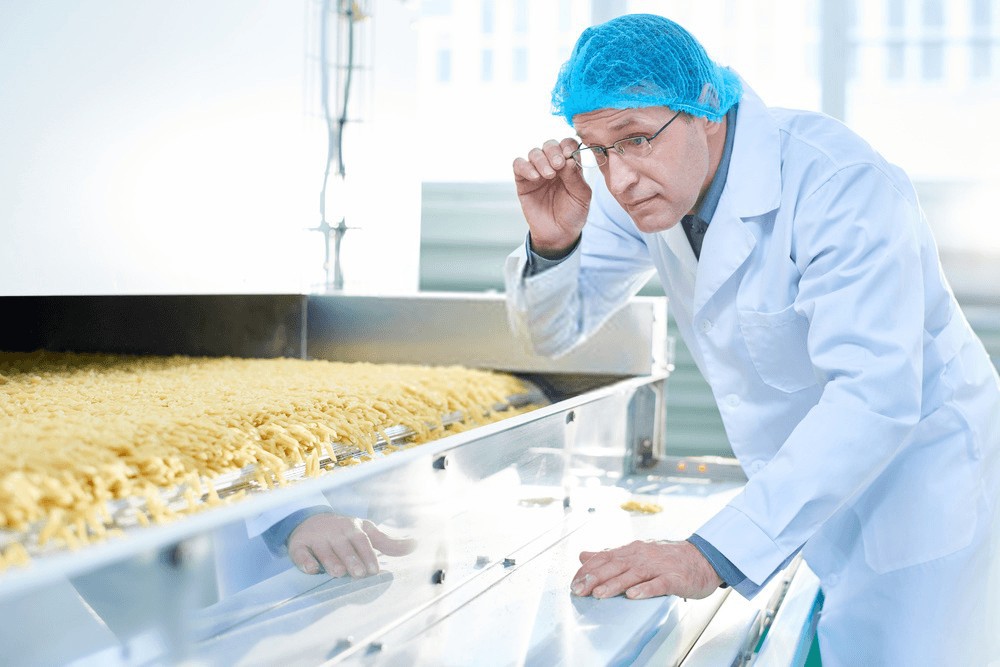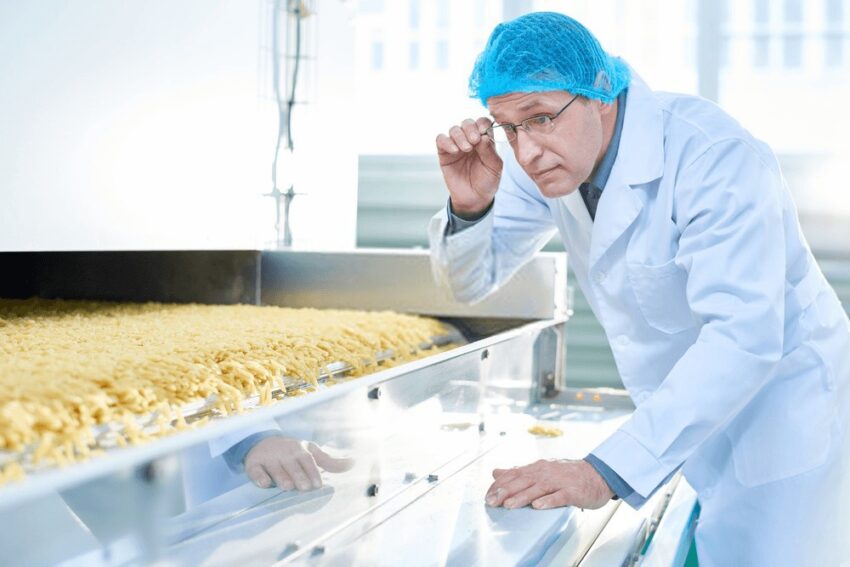
Unlocking Your Potential: A Comprehensive Guide to Food Engineering Jobs
The food industry is a dynamic and ever-evolving sector, constantly seeking innovative solutions to meet the growing global demand for safe, nutritious, and appealing food products. At the heart of this innovation lies the critical role of food engineers. If you’re passionate about food science, technology, and problem-solving, a career in food engineering could be the perfect path for you. This comprehensive guide will delve into the exciting world of food engineering jobs, exploring various career paths, required skills, educational requirements, and the rewarding opportunities that await.
What is Food Engineering?
Food engineering is a specialized branch of engineering that applies engineering principles to the design, development, production, processing, packaging, and distribution of food products. Food engineers utilize their knowledge of chemistry, biology, physics, and engineering to optimize food production processes, improve food quality and safety, and enhance the overall efficiency of the food industry. Their work impacts every stage of the food supply chain, from farm to table.
Types of Food Engineering Jobs
The field of food engineering offers a diverse range of career opportunities, catering to various interests and skill sets. Some popular job roles include:
- Food Process Engineer: Designs and optimizes food processing equipment and systems, ensuring efficient and safe food production.
- Food Quality Control Engineer: Oversees quality control procedures, ensuring that food products meet safety and quality standards.
- Packaging Engineer: Develops and improves food packaging solutions, focusing on extending shelf life, preserving quality, and enhancing product appeal.
- Research and Development (R&D) Engineer: Conducts research to develop new food products and improve existing ones, focusing on innovation and consumer preferences.
- Production Engineer: Manages and optimizes food production processes, ensuring efficiency and minimizing waste.
- Food Safety Engineer: Implements and maintains food safety programs, adhering to regulatory standards and minimizing risks of contamination.
- Project Engineer: Oversees the planning and execution of food engineering projects, from concept to completion.
- Automation Engineer: Implements and maintains automated systems in food processing plants, improving efficiency and productivity.
- Sensory Scientist: Evaluates the sensory characteristics of food products, such as taste, texture, and aroma, to optimize consumer acceptance.
Skills Required for Food Engineering Jobs
A successful career in food engineering requires a blend of technical skills, problem-solving abilities, and interpersonal skills. Essential skills include:
- Strong foundation in engineering principles: Thermodynamics, fluid mechanics, heat transfer, and mass transfer are crucial.
- Knowledge of food science and technology: Understanding food chemistry, microbiology, and processing techniques is essential.
- Problem-solving and analytical skills: Food engineers constantly face challenges that require creative solutions.
- Data analysis skills: Analyzing data to optimize processes and improve product quality is a key responsibility.
- Project management skills: Many food engineering roles involve managing projects from initiation to completion.
- Communication and teamwork skills: Effective communication and collaboration are essential in a team-based environment.
- Computer skills: Proficiency in relevant software for design, simulation, and data analysis is necessary.
- Regulatory knowledge: Understanding food safety regulations and standards is crucial.
Educational Requirements for Food Engineering Jobs
A bachelor’s degree in food engineering, agricultural engineering, chemical engineering, or a related field is typically required for entry-level food engineering positions. Many employers prefer candidates with a master’s degree or even a Ph.D., particularly for research and development roles. Internships and co-op experiences during undergraduate studies can provide valuable practical experience and enhance job prospects.
Career Progression in Food Engineering
With experience and continued professional development, food engineers can advance their careers in various directions. Career progression may involve taking on more responsibility in project management, research and development, or management roles. Opportunities for specialization within the field are also abundant, allowing food engineers to focus on specific areas of interest, such as food safety, packaging, or process optimization.
Salary and Job Outlook
The salary for food engineering jobs varies depending on factors such as experience, education, location, and employer. Generally, food engineers enjoy competitive salaries and a positive job outlook, driven by the continuous growth of the food industry and the increasing demand for innovative food processing technologies. The field offers excellent opportunities for career advancement and personal and professional growth.
Finding Food Engineering Jobs
Numerous resources are available for finding food engineering jobs. Online job boards, company websites, professional networking sites (like LinkedIn), and career fairs are excellent places to start your job search. Networking with professionals in the field and attending industry events can also lead to valuable connections and job opportunities.
Conclusion
A career in food engineering offers a unique blend of scientific knowledge, technical skills, and creative problem-solving, providing opportunities to make a tangible impact on the food industry and society as a whole. With its diverse career paths, competitive salaries, and positive job outlook, food engineering is an exciting and rewarding field for those passionate about food and technology. If you possess the necessary skills and dedication, embarking on a career in food engineering can unlock your potential and lead to a fulfilling and impactful career.
